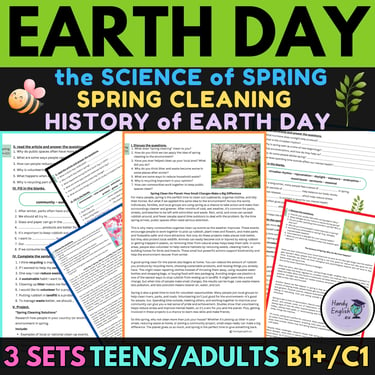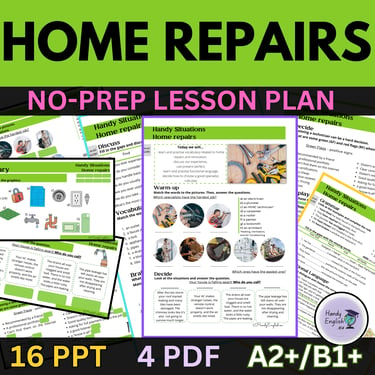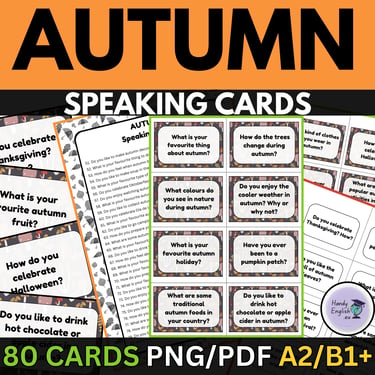[BLOG] Teaching Adults: Strategies and Insights #2 - Building Rapport with Adult Learners
A practical, honest guide to building rapport with adult ESL learners. From respecting their experience to creating a safe space for mistakes, this post shares strategies for earning trust, boosting confidence, and making English classes more engaging for adult students. With adult learners, rapport isn’t just a “nice extra.” It’s the foundation of everything else. Adults have busy lives, full of responsibilities, and they’re giving you their time (and often their money) in the hopes that it’s worth it. The least you can do? Make the time they spend with you feel valuable, safe, and maybe even a little bit fun.
Kaya
8/15/2025
Please keep in mind that the opinions posted on this blog are my own.
Everybody might have a different experience and opinions, and that's OK.
As it's widely known, rapport is the secret sauce of any great ESL class. You can have the fanciest slides, the cleverest grammar explanations, and a perfectly colour-coded lesson plan, but if your students feel like you’re an emotionless grammar robot? Good luck getting them to talk.
With adult learners, rapport isn’t just a “nice extra.” It’s the foundation of everything else. Adults have busy lives, full of responsibilities, and they’re giving you their time (and often their money) in the hopes that it’s worth it. The least you can do? Make the time they spend with you feel valuable, safe, and maybe even a little bit fun.
Start with Genuine Curiosity
Small talk isn’t filler - it’s a trust-building tool. Ask about their week, their job, or that football match they were so excited about last lesson. Adults can tell when you’re just ticking a box versus when you’re actually listening. And the beautiful thing? The more you learn about them, the more you can tailor examples, vocabulary, and activities to their actual lives.
Respect Their Experience
Adults don’t walk into your classroom as blank slates. They bring years of life experience, professional expertise, and opinions they’re very ready to share. When you acknowledge and respect that, you shift the dynamic from “teacher and passive learner” to “partners in the learning process.” And frankly, it’s more interesting for both of you.
Balance Professionalism and Personality
Nobody’s saying you need to share your deepest fears or your Netflix password, but showing a bit of personality goes a long way. Share a funny language mistake you made in another country. Admit when a student’s joke caught you off guard. That human touch makes you approachable - and makes them less afraid to make mistakes.
Create a Safe Space for Mistakes
Speaking of mistakes, adult learners often fear them more than kids do. Perfectionism, self-consciousness, workplace pressure - all of it can make people clam up. Your job? Create an environment where mistakes are just part of the process. Gently correct, encourage, and make sure they know you’re not silently judging their grammar slip-ups.
Follow Up and Remember the Details
If they told you last week they had a big presentation on Tuesday, ask how it went. If they mentioned they were nervous about a job interview, check in. Adults notice when you remember the little things - and it builds trust faster than any icebreaker game ever will.
Rapport isn’t about being everyone’s best friend or cracking jokes non-stop. It’s about creating a learning environment where adults feel seen, respected, and motivated to speak up — even when they’re not entirely sure they’ve conjugated that verb correctly. Once they trust you, the learning flows so much easier… and yes, your lesson plans suddenly feel a whole lot more effective.






Get in touch!
Copyright Handy English 2021
”I used this with an adult ELL tutee of mine. I appreciate that the language was accessible for multiple proficiency levels, but the content wasn't obviously geared for children and still useful for older learners.”
August 7, 2023
”Another great resource from Handy English! I used it to give my students more in-depth practise into quantifiers and restaurant language. It's great resource and can be used after the students learn the basics of language for the restaurants and quantifiers. Definitely helped solidify what they learnt.”
February 5, 2023
”Love this resource. Great for fast finishers and also those in small ESL groups. Great for all macro skills as discussion and brainstorming is a great precursor for writing submissions.”
- Gail M.
June 25, 2023
Here's what other ESL Teachers say
Handy English: 4.8/5
”This was a wonderful resource for my students. It helped me introduce them easily to new concepts and it was quite engaging. Thanks!”
- Kiara B.
October 10, 2023
”Great resource for learning vocabulary, which supports comprehension and speaking skills.”
- Lori-Ann W.
September 29, 2023
”What a great way to get a healthy debate going. My students struggle with impulse control and they all have kept it kind and appropriate.”
- Alicia H.
September 17, 2023






